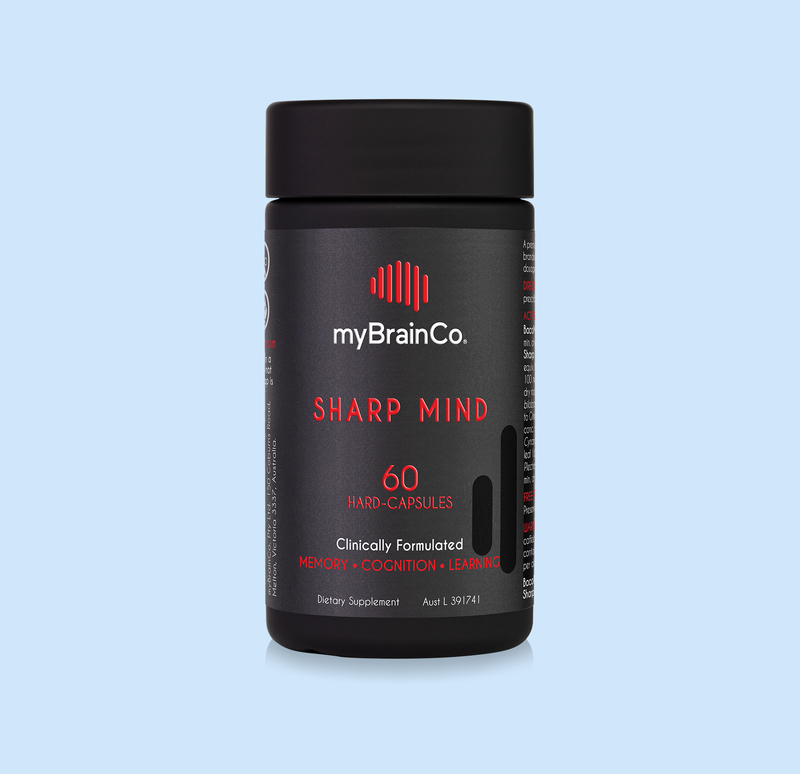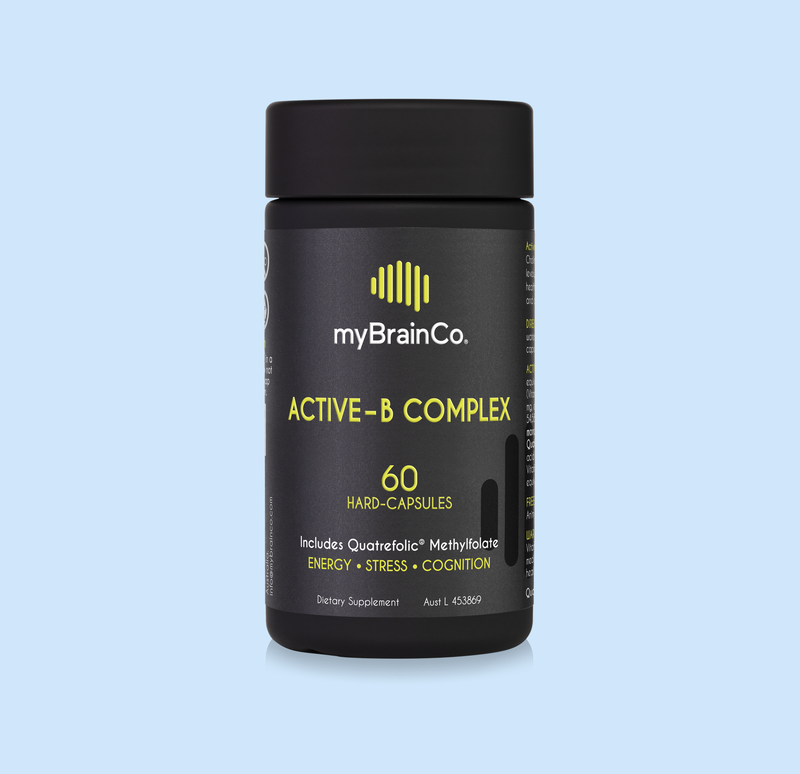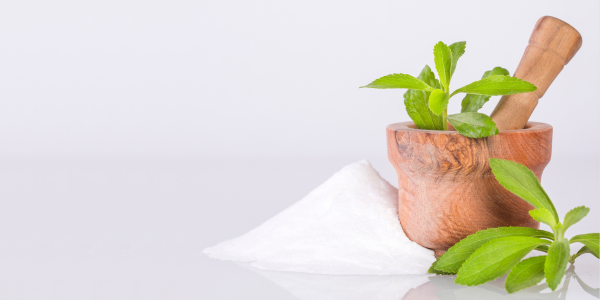We know that sugar consumption has a huge role in driving or worsening chronic disease. We also know that Alzheimer’s disease is called type 3 diabetes. The bottom line is, excess sugar is a problem for brain wellbeing as well as overall health, and the evidence for this continues to grow.
As we become more conscious of the harmful effects of excessive sugar consumption there’s been a rise in consumers seeking sweetening alternatives that can offer sweetness and palatability, without the negative consequences of blood sugar spikes. This is particularly desirable in foods, supplements, beverages or medications, where regular consumption and taste compliance plays an important role in the success of the product.
One natural sweetener has stood head and shoulders above the others is stevia, and this is because it boasts a number of valuable features;
- It comes from a natural plant-derived source.
- It provides sweetness without disturbing blood sugar.
- It lacks the lingering bitter aftertaste that many other ‘natural’ and artificial sweeteners tend to have.
- It has a long history of safety, efficacy and health benefits.
What is Stevia?
Extracted from the leaves of the Stevia rebaudiana plant, stevia is known for being intensely sweet (between 30 - 300 times sweeter than sugar) without adding calories, making it an appealing choice for those watching their sugar intake.
Stevia is a shrubby plant that grows naturally in tropical climates. It has centuries of traditional use and can be found growing wild in countries such as Paraguay and Brazil. It’s naturally made by drying and grinding the leaves into a powder.
Stevia gains its unique flavour profile due to two main glycosides known as stevioside and rebaudioside. These compounds were discovered and isolated by scientists in the 1930s. When these compounds are separated, their flavour notes differ slightly. Stevioside is sweet but can feature an unpleasant bitter aftertaste, while rebaudioside is found to be sweet without the bitter notes. Whilst some sweeteners attempt to use them as individual glycosides, the natural synergy of both will be found in the constituent profile of whole plant extracts for the most balanced flavour profile.
What Are The Benefits of Stevia?
For well over a decade, countless studies and reviews published in scientific journals have investigated stevia’s therapeutic activity, with researchers citing similar outcomes; stevia is a suitably safe sweetener alternative for those seeking a calorie-free, sugar-free substitute. Many papers also cite the range of potential health outcomes ranging from metabolic disease to immune, inflammatory and cardiovascular benefits.
One of the most obvious benefits of using stevia to sweeten foods and beverages is that it poses no impact on caloric consumption or blood sugar. This is highly desirable not just for diabetics, but also for long-term brain wellbeing, as excessive sugar intake has the potential to age our brain and contribute to harmful neuroinflammation.
In a 2023 literature review published in Molecules, researchers found that the active compounds isolated from Stevia rebaudiana possess interesting medicinal activities, including antidiabetic, antihypertensive, anti-inflammatory, antioxidant, and antidiarrheal activity.
In another 2022 study exploring the effects of stevia on gut bacteria, researchers found that not only did stevia show potential benefits on gut microbiome diversity, but it also exhibited anti-inflammatory, antioxidant and anti-glycemic (blood sugar lowering) properties and may provide protective benefits for liver and kidney health. These results were also echoed by a 2021 review published in the Journal of Experimental and Clinical Sciences.
Stevia is one of the only sugar-free sweeteners known to provide its own stand-alone positive therapeutic health actions. And, unlike many other sweetening alternatives, stevia does not negatively impact the gut microbiome. Research has consistently shown it to be a safe sugar alternative for those with metabolic diseases such as diabetes, hypertension, obesity and inflammatory disorders.
When we combine stevia’s potential as both a sugar replacement and a therapeutic tool with desirable health benefits, we can see that stevia is an attractive alternative to glucose or other artificial sweeteners.
Stevia in myBrainCo Products.
Stevia is the ideal choice for natural, healthcare supplement use, where small amounts of sweetener are required to improve palatability and enable easy consumption and compliance. Stevia boasts a favourable safety profile over many other ‘natural’ sweeteners and sugar alternatives. It also shows promise for a range of health benefits that have overlapping metabolic benefits that are complimentary to long-term brain and nervous system wellbeing.
We only use a premium, organic, high-purity, whole-plant stevia extract in myBrainCo products.
.
.
.
.
.
REFERENCES
Goyal SK, et al. Stevia (Stevia rebaudiana) a bio-sweetener: a review. International Journal of Food Sciences and Nutrition. 2009 Dec;61(1):1-10.
Orellana-Paucar AM. Steviol Glycosides from Stevia rebaudiana: An Updated Overview of Their Sweetening Activity, Pharmacological Properties, and Safety Aspects. Molecules. 2023 Jan 27;28(3):1258.
Kasti AN, et al. The Effects of Stevia Consumption on Gut Bacteria: Friend or Foe? Microorganisms. 2022 Mar 30;10(4):744.
Peteliuk V, et al. Natural sweetener Stevia rebaudiana: Functionalities, health benefits and potential risks. EXCLI J. 2021 Sep 22;20:1412-1430.
Zheng Z, et al. Low Dose of Sucralose Alter Gut Microbiome in Mice. Front Nutr. 2022 Feb 25;9:848392.



